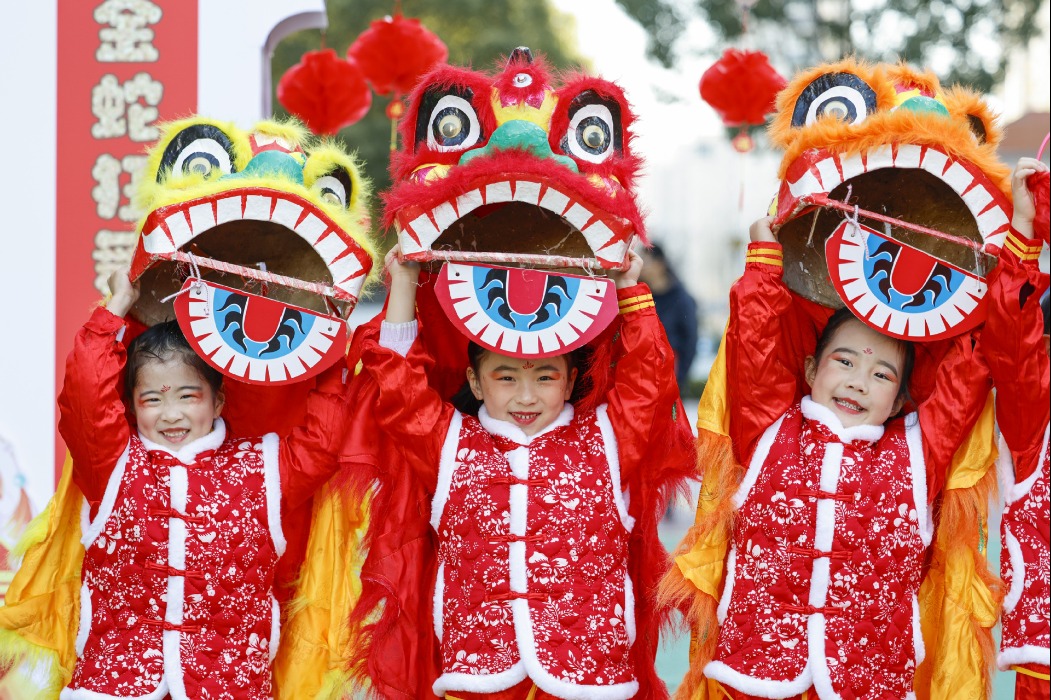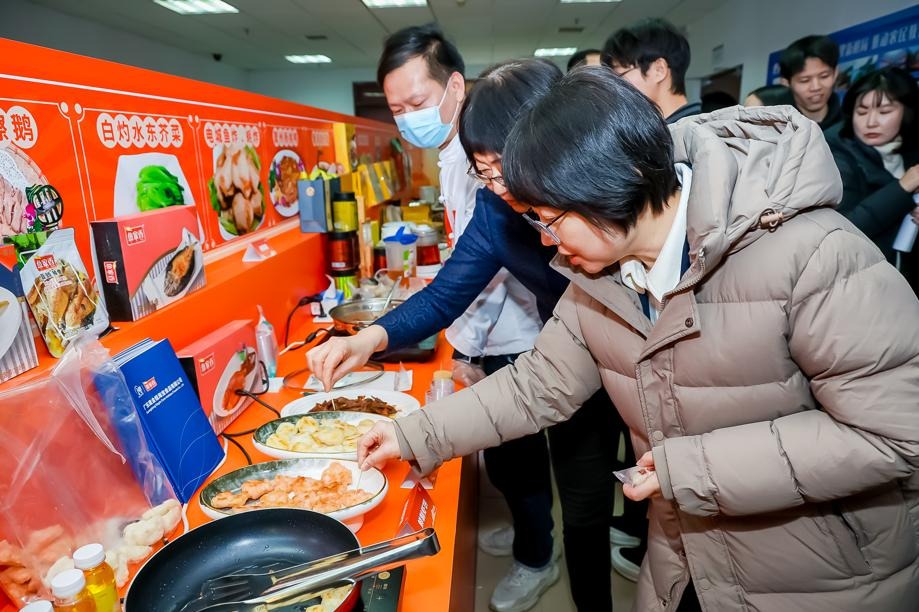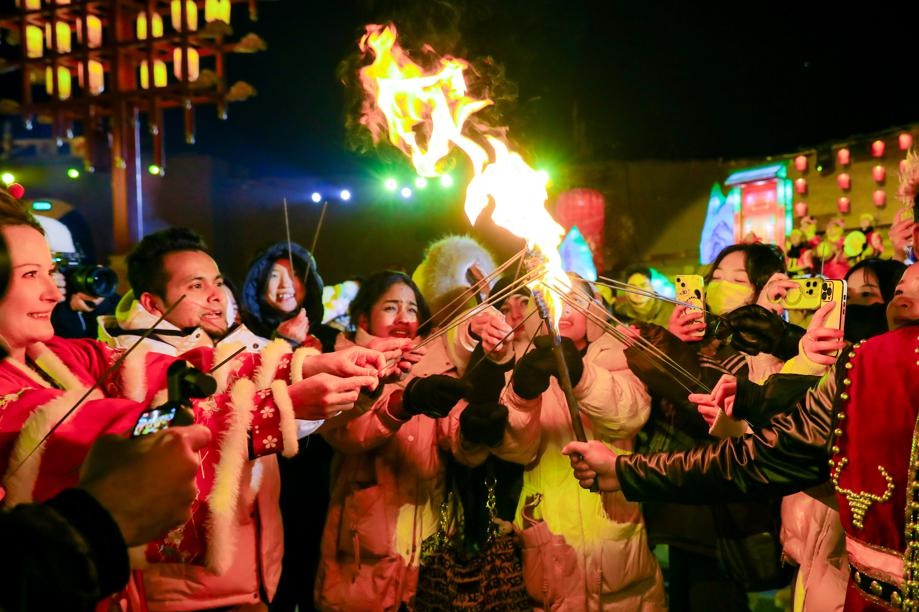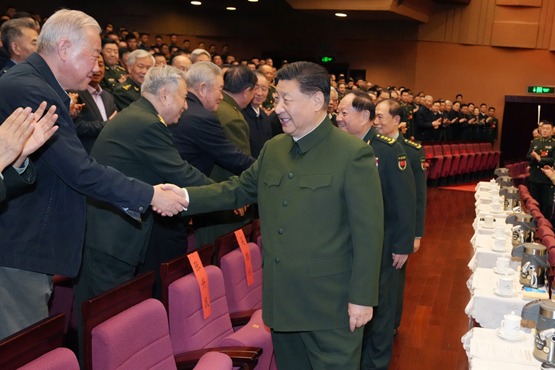Coastal Qingdao ready for flood of businesses

Foreign investment, online filing playing role in city's opening-up
The strategy of opening-up to the outside world has been a success for the eastern coastal city of Qingdao, Shandong province, in its modernization efforts over the past decades, Mayor Meng Fanli said last week.
"It is our unremitting pursuit to build a modernized city," he said. "We have carried out a number of opening-up policies to promote reform and development in recent years and to create an open economy."
As the host city of the Shanghai Cooperation Organization summit in June, Qingdao will use the opportunity to "promote reform and opening-up to a new level", Meng said.
He added that the city will also use the Belt and Road Initiative to optimize its next step in plans for opening-up, increasing its ability to influence surrounding regions and integrating resources.
Eyeing an internationalized industrial structure and market, the city encourages local companies to expand global cooperation on production capacity and increase their share of high-tech product exports, Meng said.
The government also is promoting the concept of globalization in local industrial parks, highlighting market-oriented operations and closer cooperation with advanced overseas counterparts and industry associations.
Qingdao is a world leader in the manufacture of high-speed trains, home appliances and marine engineering equipment, and is home to a number of international names, including Tsingtao Beer, Haier and Hisense.
Last year, the local government issued 57 specific plans and measures to attract investment that can modernize the city's industrial system. Government officials have visited nearly 8,300 companies, helping them reach more than 600 cooperation agreements worth $9.1 billion in foreign capital.
To echo Premier Li Keqiang's Government Work Report delivered on March 5, which called for further opening-up, Qingdao's effort to attract investment is seen as a key task to boost development, the mayor said. To date, 134 overseas Fortune Global 500 companies have opened offices in Qingdao, along with about 2,100 other foreign-funded companies and organizations.
"With deepened cooperation with the Fortune Global 500 companies, China's domestic top 500 companies and other industry leading companies and organizations, we will introduce large-scale, high-tech projects that connect many businesses, upgrade traditional industries and drive growth in emerging sectors," Meng said.
He said the government will facilitate international trade by improving the natural environment, regulations and government services.
Efforts have already been made to streamline administrative approval procedures, he said, adding that about 1,900 items can now be approved through an online system, so applicants no longer need to visit government offices for those services.
"We will borrow the experience of China's pilot free trade zones to simplify procedures for overseas companies to set up offices in Qingdao and facilitate trade and investment," Meng said. "We will establish a modern property system, protect intellectual property rights, and improve market supervision and enforcement according to international practices."
He said Qingdao will build more international schools and hospitals to provide high-quality services for investors and employees from around the world.
Recognized as an important coastal hub, a seaside tourism destination and an international port city in 2016 by the State Council, Qingdao is now building an innovation center and a pilot zone for the marine economy.
Last year, the city's GDP reached 1.1 trillion yuan ($173.8 billion), according to the mayor. Its ports handled 510 million metric tons of cargo, its airport handled 23.2 million passengers, and total import and export volume exceeded 503 billion yuan, he said.





































